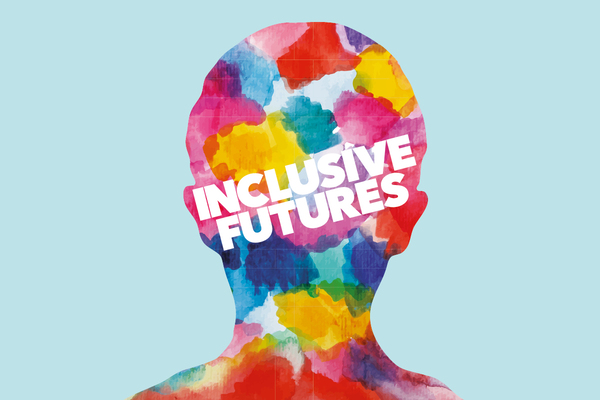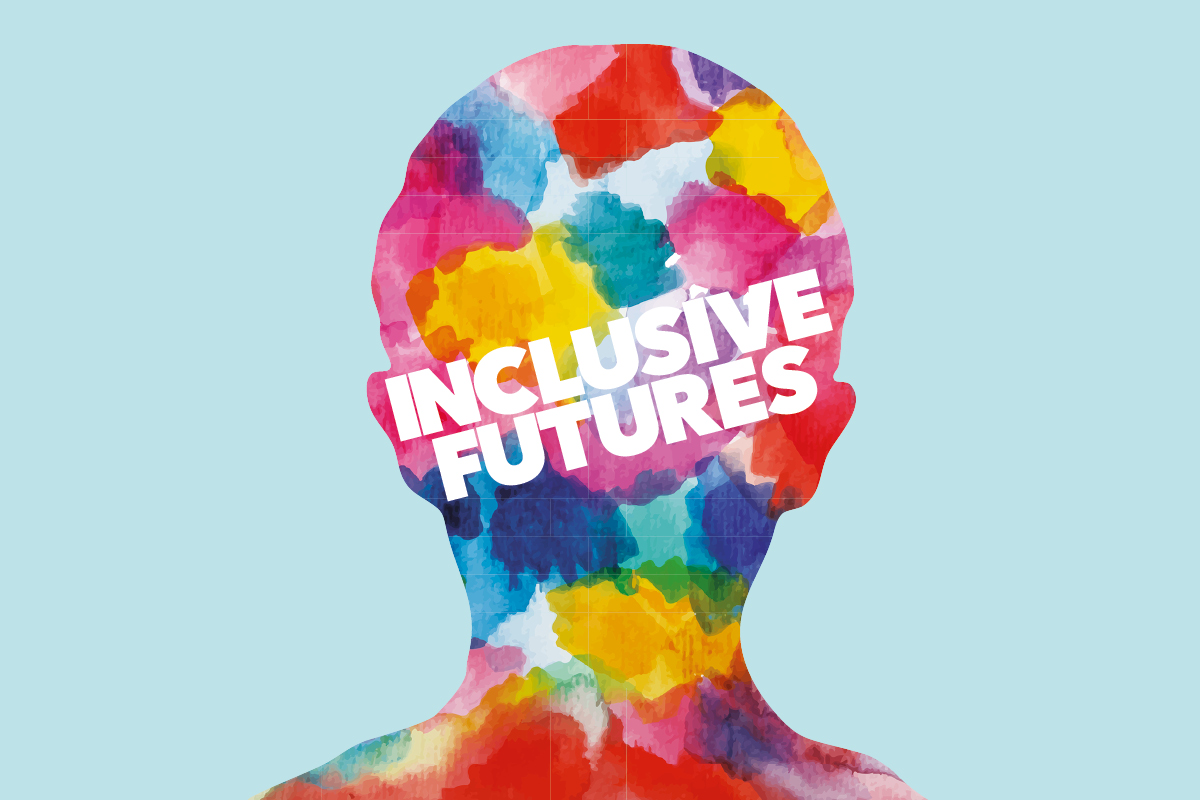You are viewing 1 of your 1 free articles
Who are the housing apprentices? Our exclusive data reveals all
How diverse are the sector’s apprentice schemes? And how likely are apprentices to get a job at the end of them? Caroline Thorpe finds out
When new rules designed to boost apprenticeships in the UK came into force last April, housing associations appeared enthused.
To mark the change, Inside Housing polled landlords about their plans for apprenticeships. Almost two-thirds of respondents said they would either be increasing (40%) or maintaining (21%) the number of apprentices directly taken on within their businesses between the 2016/17 and 2017/18 financial years.
A year on, we have again surveyed UK housing associations to get a take both on the health of housing apprenticeships and what they look like: what roles are offered, and who to?
How many apprentices can look forward to a job at the end of their stint with a housing association?
Some of our findings are disappointing: of the 180 associations polled, just 31 provided the data we sought – half the number that responded last year.
And as for a bump in the number of apprentices taken on this financial year? According to our figures, the increase was a mere 1.6%.
There’s also work to do on the number of women being taken on.
But for ethnic minorities the picture is improving, with more opportunities being offered and taken. And our data provides an overview on where provision for apprenticeships is good (the trades) and needs some attention (care work).
METHODOLOGY
Inside Housing polled the 180 largest housing associations in the United Kingdom. Of the 36 associations that responded, one had no apprenticeship scheme and four said they did not hold sufficiently detailed data on their apprentices.
APPRENTICESHIPS OVERALL
1,585
Apprenticeships provided by the responding associations over past five financial years
51
Average number of apprenticeships provided by each housing association during that period
46%
Increase in the number of housing association apprenticeships in
the past five years
48%
Almost half the housing apprenticeships offered annually
are in trades, such as plumbing or carpentry
One in five
Apprentices offered a permanent post in last five years
GENDER
All of the landlords that responded to the survey recorded the gender of their apprentices.
Women account for just 29% of the apprentices taken on by respondents in the past five years.
The number of male apprentices for every female apprentice has remained at roughly 2.5 for the past five years.
Gender breakdown of apprentices since 2013:
ETHNICITY
While landlords are on top of gender reporting, they know the ethnicity of just 86% of their apprentices since 2013.
Yet while the numbers reveal a poor gender balance, overall the ethnic mix is better – though imperfect – among UK housing apprentices.
Of the apprentices whose ethnicity is known, white people and black people are slightly over-represented compared with the UK population as a whole, while Asian and other ethnicities are marginally under-represented in comparison.
Ethnicity of apprentices 2013-18:
Estimated ethnicity of UK population:
Apprentice ethnicity trends 2013-18:
ROLES
UK housing apprenticeships are dominated by the trades, with respondents hosting an average of 153 trade apprentices a year since 2013/14. This group accounts for 48.1% of the roles overall, followed by business and administrative apprentices at 23.2%.
In general, apprenticeships appear to be assigned along traditional gender lines.
For example, men account for the lion’s share of trade, development and IT roles, while more women fill positions in care and administration.
When it comes to pay, in general – though not always – this means that more male apprentices are gaining experience in higher-earning fields than their female counterparts.
As for ethnicity, based on overall UK demographics, ethnic minorities are over-represented compared to the general population in all roles apart from development and care, where white people fill 91.3% and 90.5% of apprenticeships respectively.
Apprenticeships by role, last five years:
Apprenticeship roles by gender, five year average:
Apprenticeship roles by ethnicity, five year average:
Average weekly earnings (£) by role:
JOBS
Just two in five apprentices (23.3%) were offered a permanent job at the end of their apprenticeship over the past five years.
Job offers peaked in 2014/15, when a third of apprentices were given the chance to stay on at the end of their placement.
This has slipped back to 19.5% of apprentices in the current financial year.
Female apprentices have experienced mixed fortunes regarding permanent jobs, with the number of offers of employment fluctuating annually since 2013 (see graph below).
However, the number of jobs offered to apprentices from ethnic minorities has climbed steadily: from 9.2% in 2013/14 to 29.2% five years on.
% of apprentices offered a permanent job:
% of female apprentices offered a permanent job:
% of ethnic minority apprentices offered a permanent job:
Inclusive Futures
Inside Housing’s Inclusive Futures campaign aims to promote and celebrate diversity and inclusion.
We are pledging to publish diversity audits of our own coverage.
We are also committed to proactively promoting positive role models.
We will do this through the pages of Inside Housing. But we will also seek to support other publications and events organisations to be more inclusive.
Our Inclusive Futures Bureau will provide a database of speakers and commentators from all backgrounds, for use by all media organisations.
We are also challenging readers to take five clear steps to promote diversity, informed by the Chartered Institute of Housing’s diversity commission and the Leadership 2025 project.
THE INCLUSIVE FUTURES CHALLENGE
Inside Housing calls on organisations to sign up to an inclusive future by taking five steps:
Prioritise diversity and inclusion at the top: commitment and persistence from chief executives, directors and chairs in setting goals and monitoring progress.
Collect data on the diversity of your board, leadership and total workforce and publish annually with your annual report. Consider gender, ethnicity, disability, sexuality, age, and representation of tenants on the board.
Set aspirational targets for recruitment to the executive team, board and committees from under-represented groups.
Challenge recruiting staff and agencies to ensure that all shortlists include candidates from under-represented groups.
Make diversity and inclusion a core theme in your talent management strategy to ensure you support people from under-represented groups to progress their careers.
INSIDE HOUSING’S PLEDGES
We will take proactive steps to promote positive role models from under-represented groups and provide information to support change.
We pledge to:
Publish diversity audits: We will audit the diversity of the commentators we feature. We will formalise this process and publish the results for future audits twice a year.
Promote role models: We will work to highlight leading lights from specific under-represented groups, starting in early 2018 with our new BME Leaders List.
Launch Inclusive Futures Bureau: We will work with the sector to compile a database of speakers, commentators and experts from under-represented groups. The bureau will be available to events organisers, media outlets and publications to support them to better represent the talent in the sector.
Take forward the Women in Housing Awards: Inside Housing has taken on these successful awards and will work to grow and develop them.
Convene Inclusive Futures Summit: Our new high-level event will support organisations to develop and implement strategies to become more diverse and inclusive.










